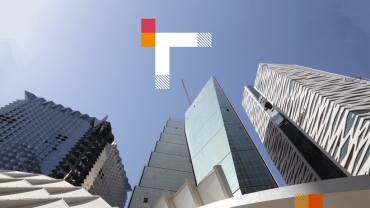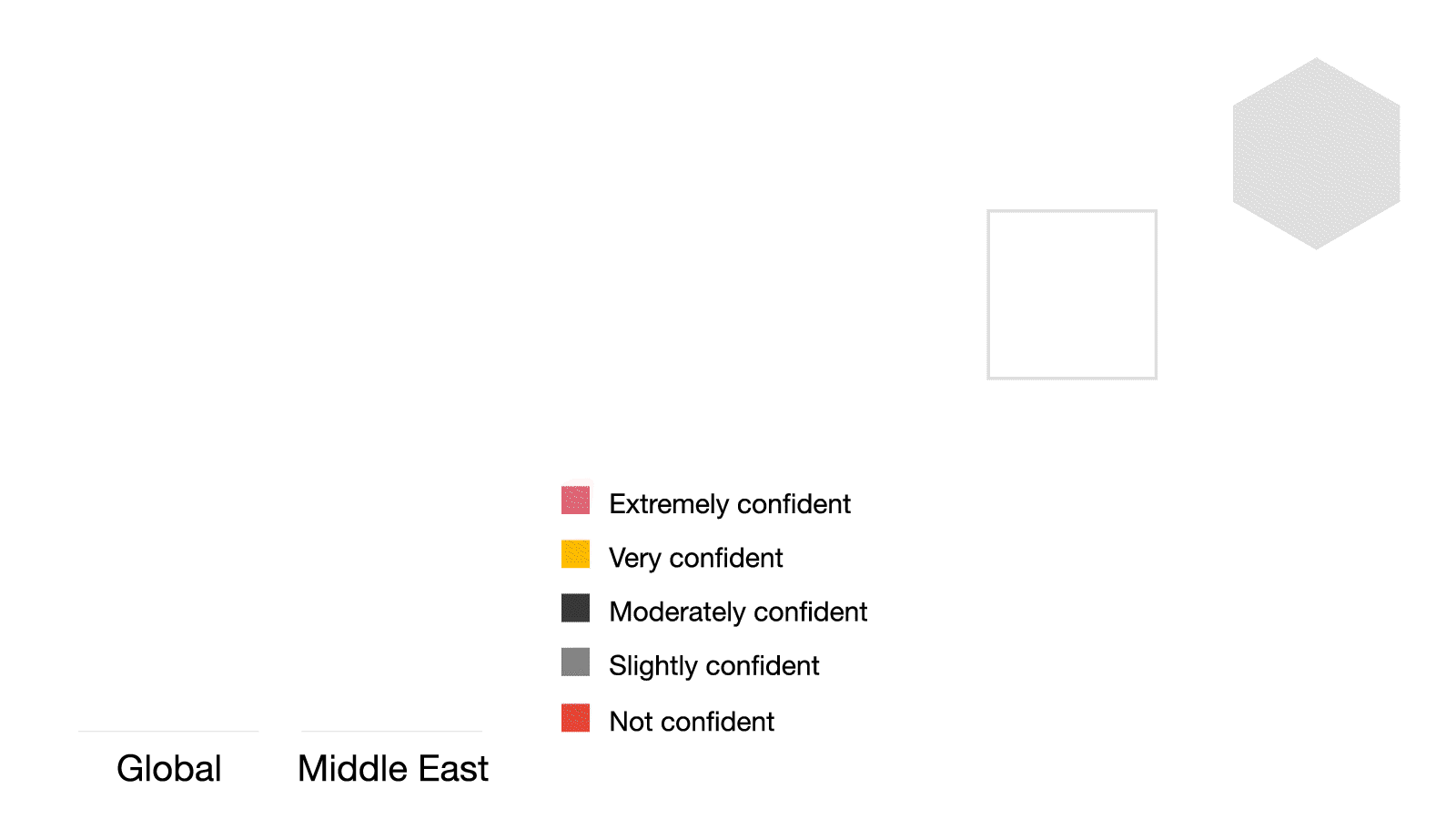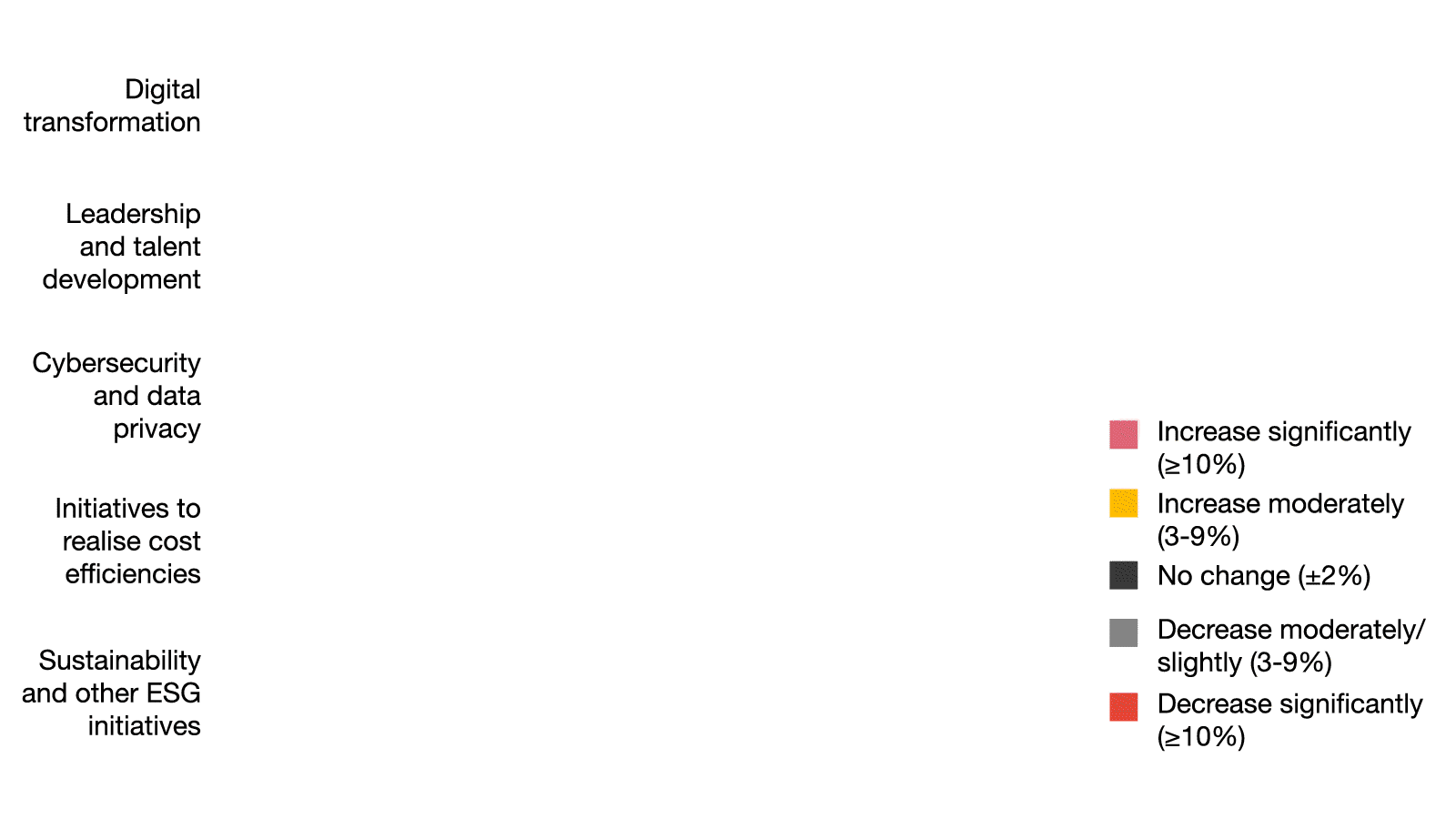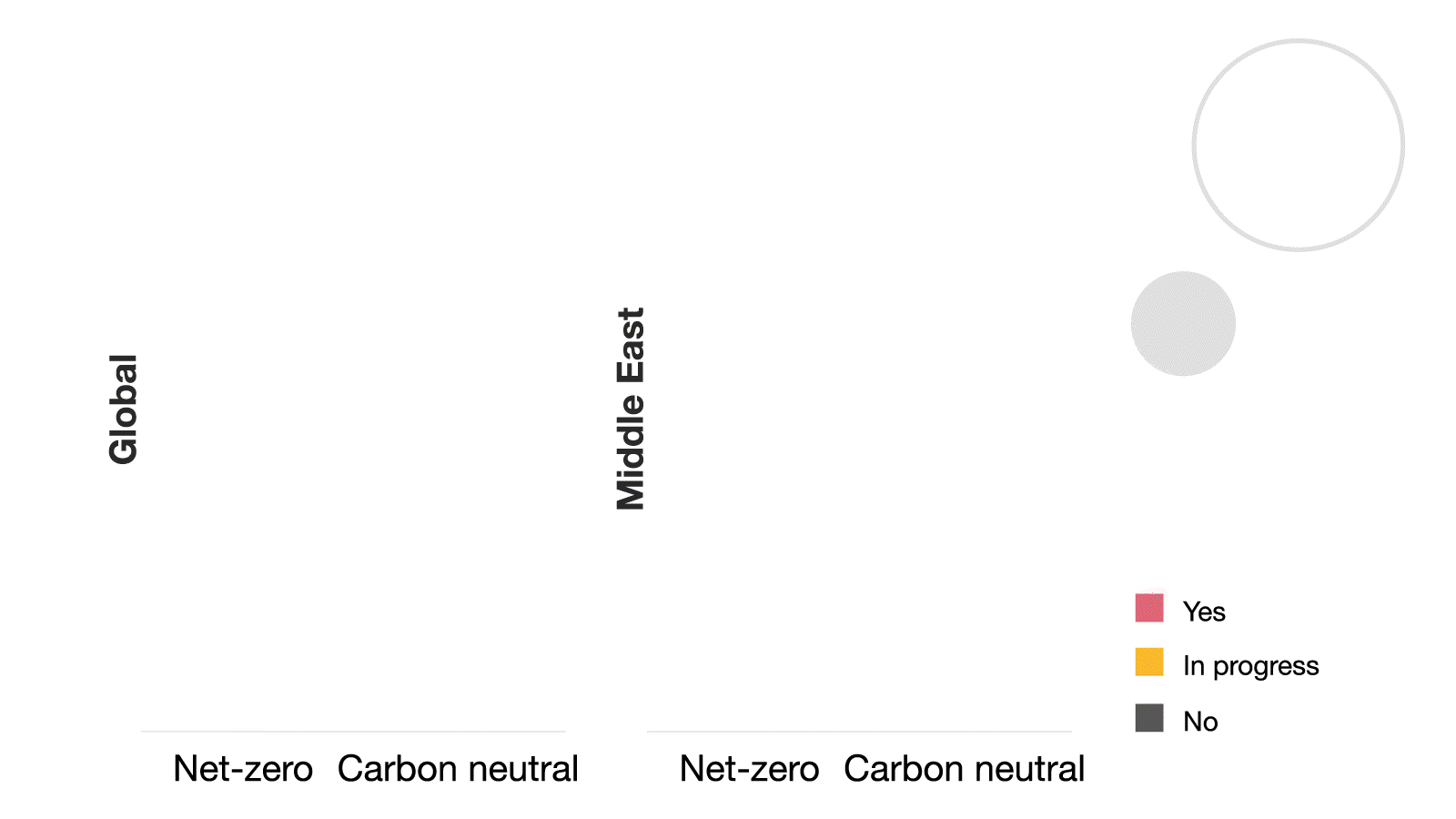
The direction is clear: forward, not back
25th CEO Survey: Middle East findings
Middle East CEOs are optimistic about growth in the year ahead and focusing on ensuring long-term success.

What’s top of mind for Middle East CEOs in 2022?
Duration: 00:01:38
CEOs who have built trust with their customers, people and wider stakeholders through the crisis are in a very strong position. They are now looking beyond the outbreak with a focus on delivering sustained outcomes.
In conversation with Middle East CEOs
In this video series, Scott Armstrong, the Editor In Chief of Arabian Business, discusses the most pressing issues of the moment with CEOs from the region.
82% of Middle East CEOs believe global economic growth will improve over the next 12 months
A year ago, covid pulse one wave subsided, Middle East CEOs felt able to look ahead with cautious confidence. Over the course of 2021, their positive short-term outlook has strengthened.
As a result of the strong vaccine rollout, Expo 2020 in the UAE and the upcoming World Cup in Qatar, 64% are either extremely or very confident about their company’s revenue growth prospects in 2022.
Middle East CEOs clearly see 2022 as a year for further expansion amid emerging opportunities, and Egypt and Saudi Arabia as the top growth markets in the region.
How confident are you about your company’s prospects for revenue growth over the next 12 months?

57% say cyber risks will have a negative impact on their company in the next 12 months
Cyber threats remain top of Middle East CEOs’ risk agenda, amid accelerating regional transformation underpinned by massive digital infrastructure investments.
65% of regional business leaders believe cyber risks will limit their organisation’s ability to innovate over the next 12 months and 59% say these threats will undermine sales of products and services.
Other findings also underscore that the short-term optimism of Middle East CEOs is coloured by acute awareness of potential dangers further ahead. For example, 50% of Middle East CEOs cite macroeconomic volatility as a major risk while 48% are worried about health risks, following a year when global health crisis has still not been contained by vaccinations.
How concerned are you about the following global threats negatively impacting your company over the next 12 months? (Showing only ‘very’ and ‘extremely concerned’ responses)
52% of Middle East CEOs plan double-digit investments in digital transformation over the next three years
This represents a continuation of a pre-crisis trend, in a region where rapid, technology-driven transformation is disrupting the entire market landscape.
Other priorities reflect the shift in boardroom focus from the lockdown era crisis management to building long-term competitiveness in a region that is increasingly integrated with the global economy.
This year’s survey indicates that a growing proportion of Middle East business leaders have grasped that success in the digital age requires skilled people as well as the latest technologies ‒ 46% of regional respondents plan double-digit investments in leadership and talent development over the next three years, compared with 30% last year.
How do you plan to change your long-term investments in the following areas over the next three years?

Only 5% of Middle East CEOs have made net-zero commitments and 29% have gender representation rates included in their long-term corporate strategies
This highlights that Middle East CEOs still seem uncertain when considering the potential impact of climate change and gender and equality issues on their organisations.
Only 14% of Middle East CEOs say greenhouse gas (GHG) emission targets feature in their long-term corporate strategies, after a year when the COP26 conference and climate-related weather events repeatedly made headlines.
This will begin to change as Middle East CEOs begin to take action to make their companies fit for a fast-approaching future where demonstrable commitment to CO2 reduction and equality will be critical to business success. See our recommendations here.
Has your company made a net-zero commitment or carbon neutral commitment?

Contact us











